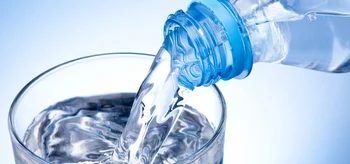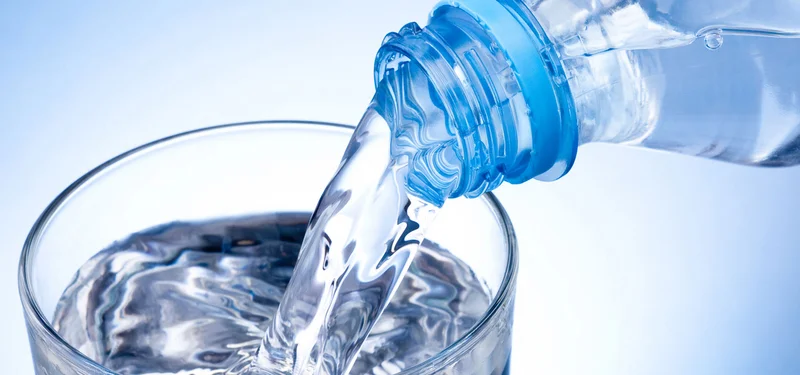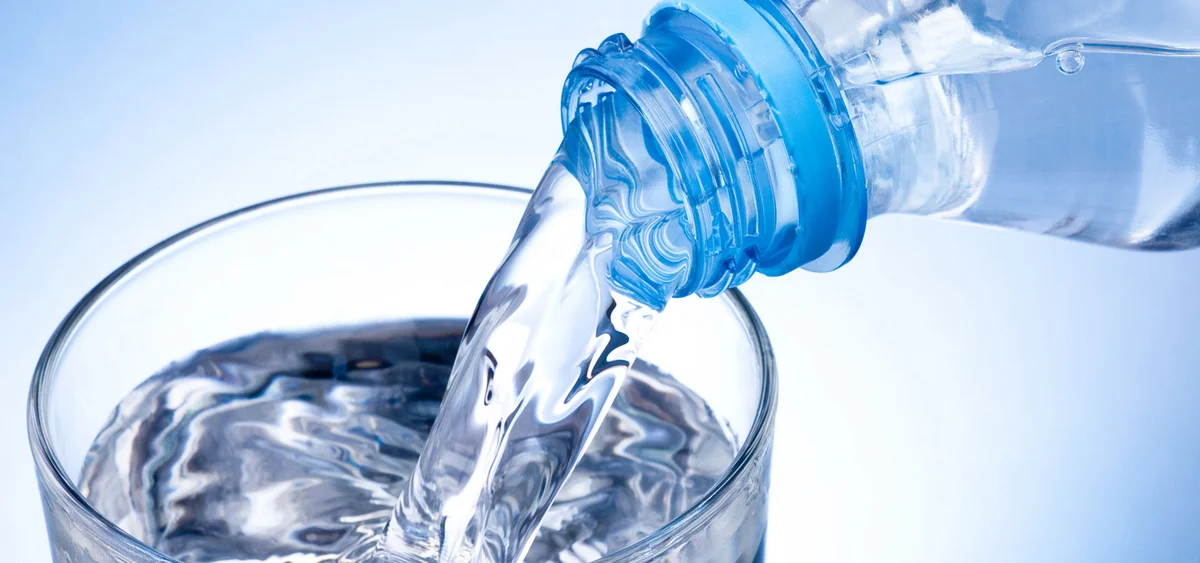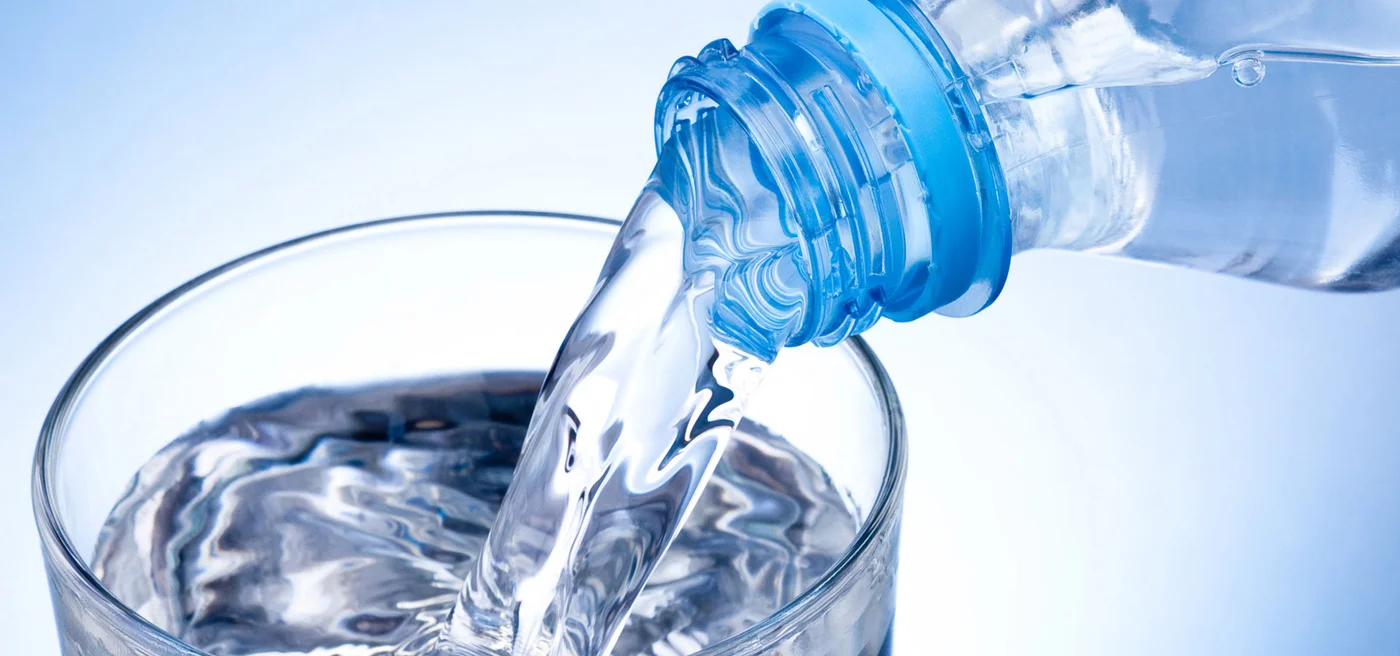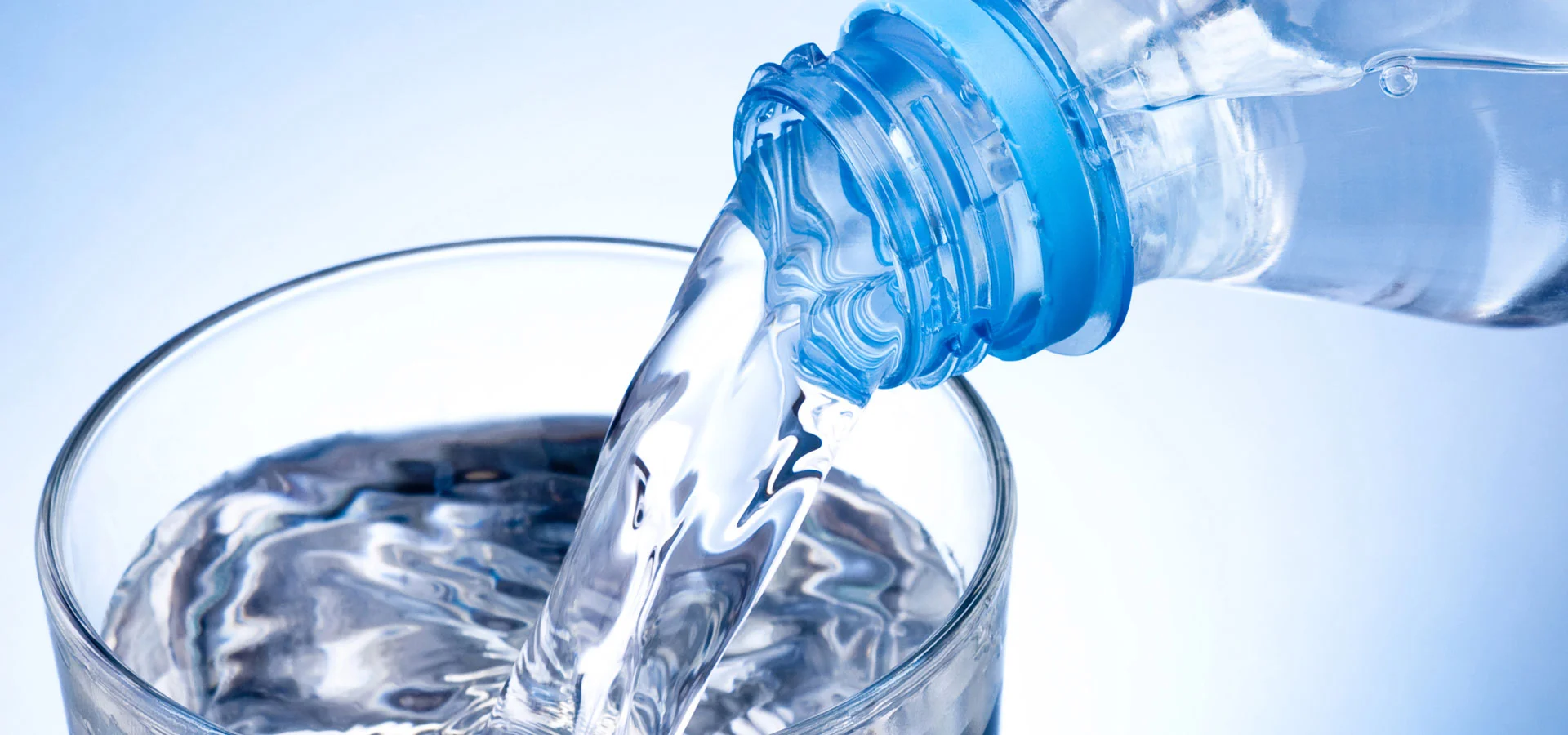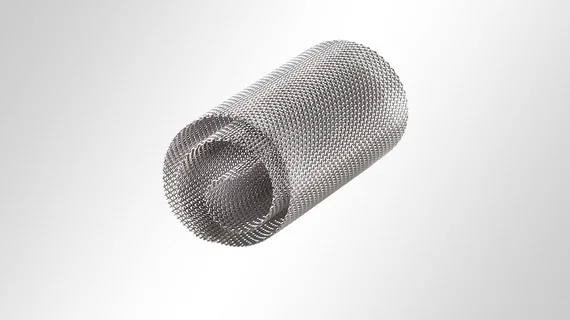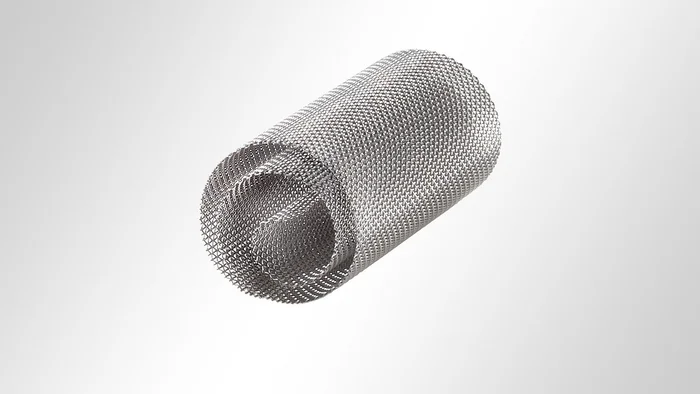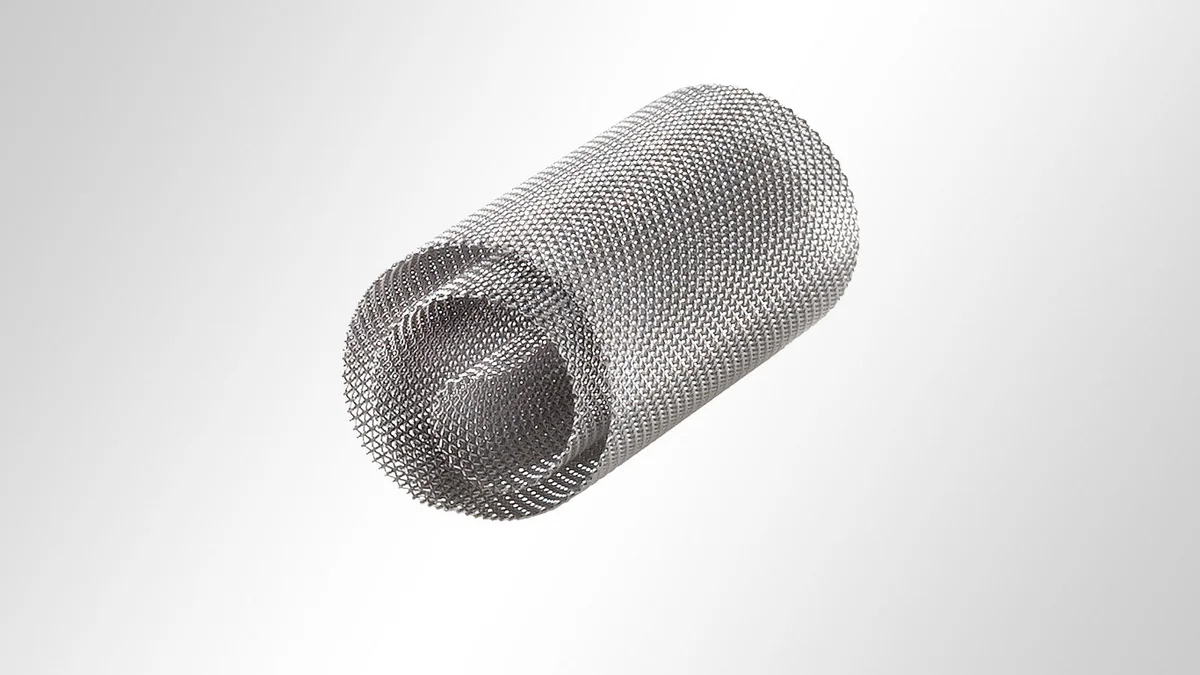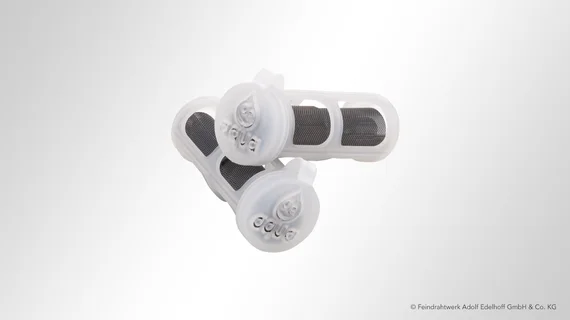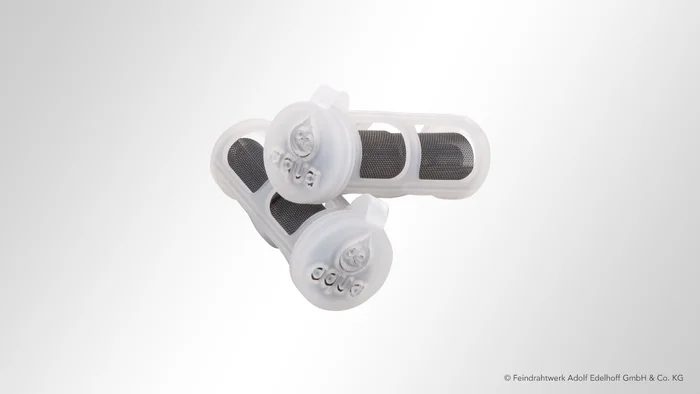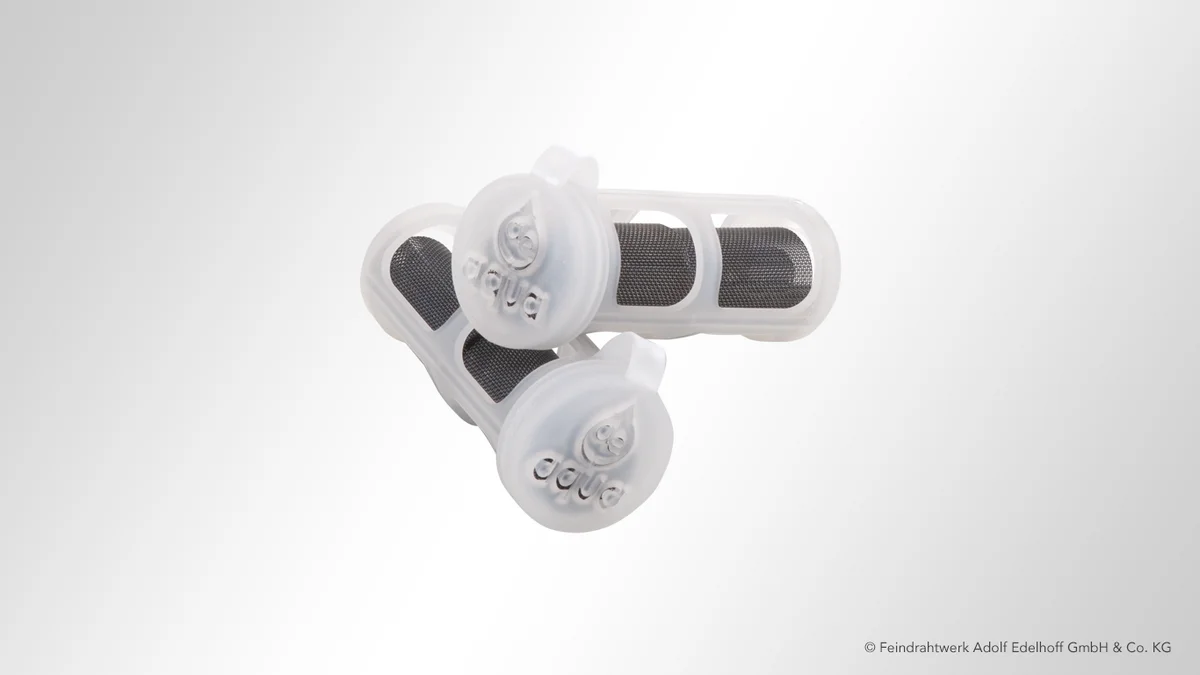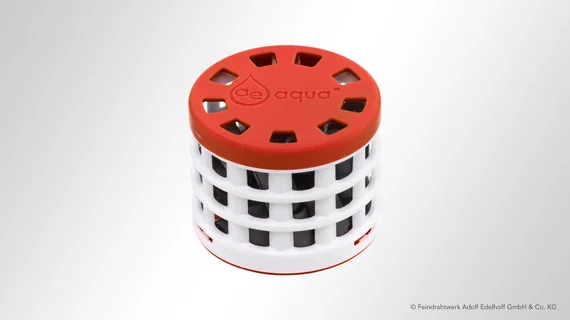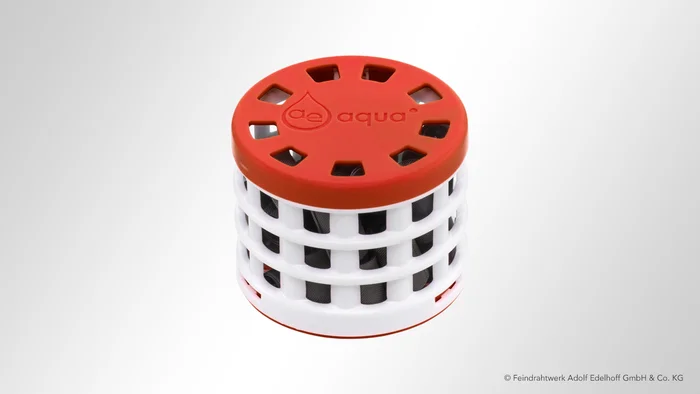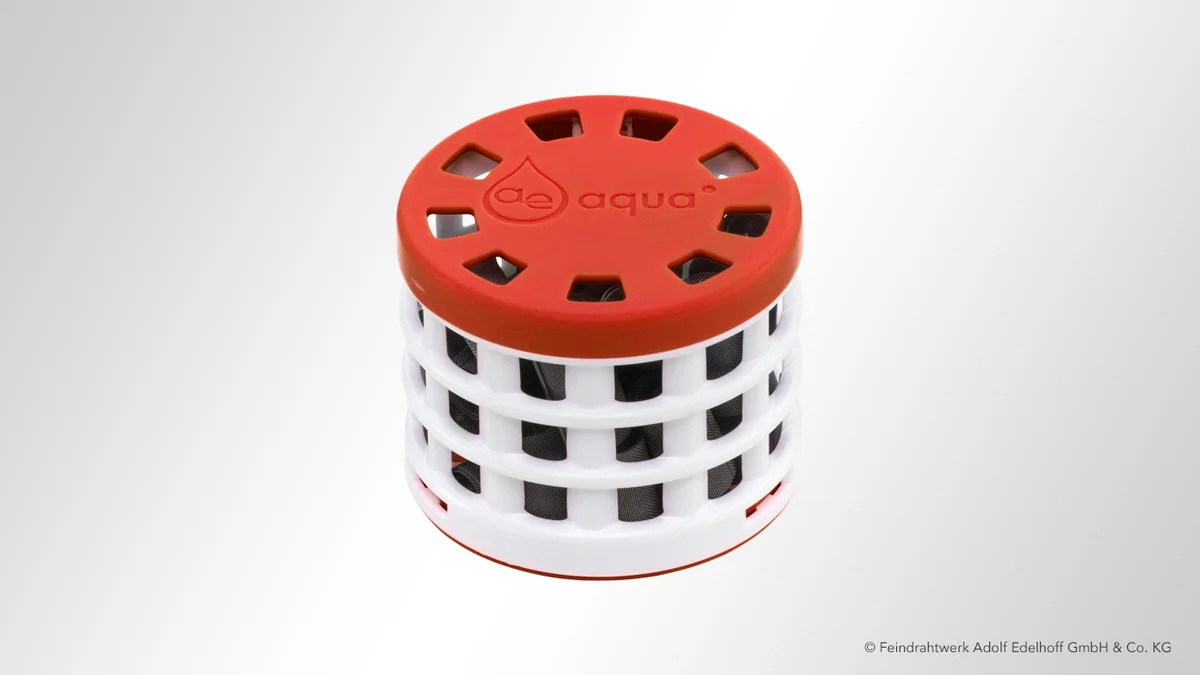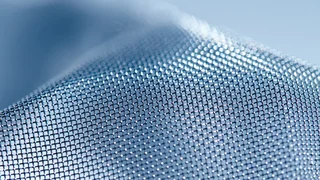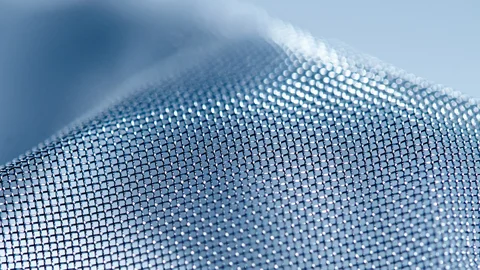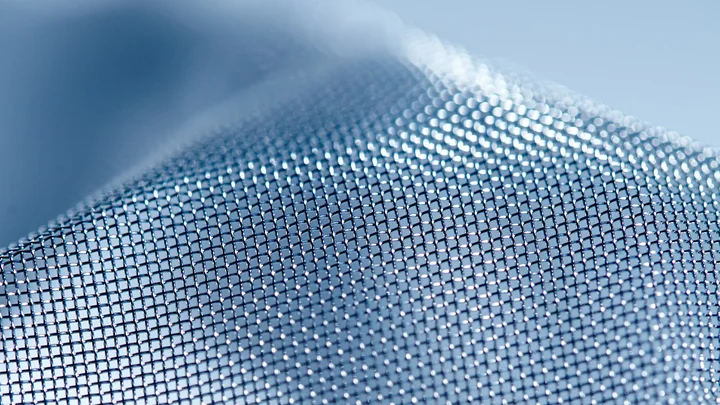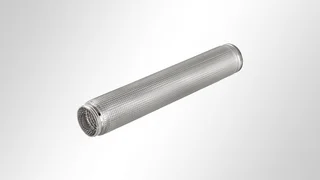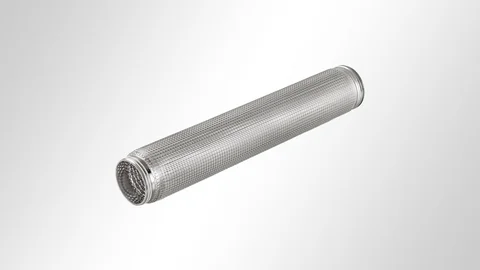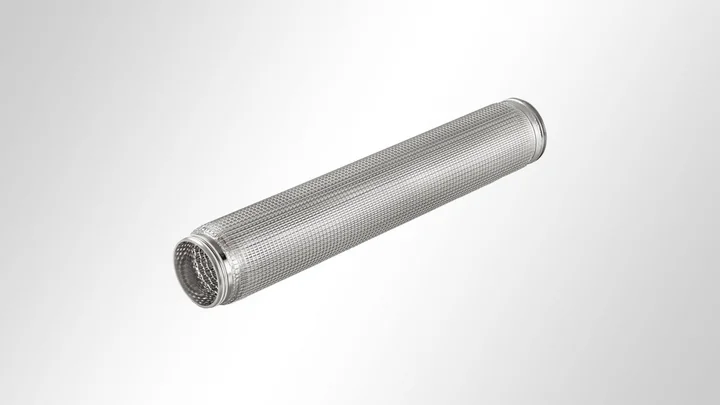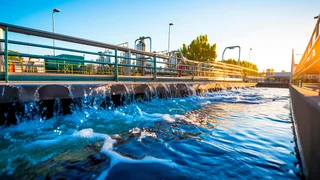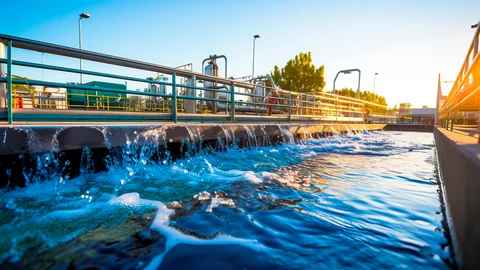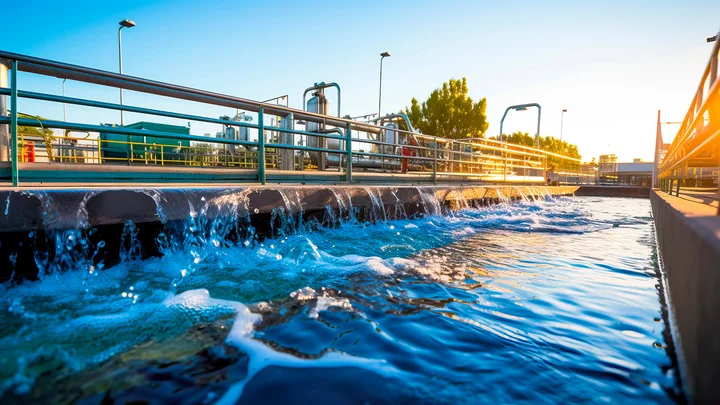Combating germs in liquids
... so drinking water remains drinking water
Haver & Boecker has worked with the fine wire plant ADOLF EDELHOFF GMBH & CO. KG to develop special wire mesh wraps for household and industrial use with the aim of increasing the service life of liquids and preventing quality deficits during production: our wire mesh acts as a carrier material for the precious metal coating that is galvanically applied using ADOLF EDELHOFF GMBH & CO. KG’s patented AGXX® technology. This stabilises the microbiological water quality.
The challenge
A familiar situation? You go a few days without changing the water in your flower vases and find that it becomes dirty, and a film settles on the inside of the glass. The same thing happens if you forget to empty your coffee machine’s water tank when you go on holiday.
This situation is caused by bacteria and germs, which can quickly multiply in stagnant water. The same as applies to the domestic use of water in the examples above, also applies to industrial uses. This includes things like process water, such as electroplating rinse water and the water in closed cooling circuits.
The patented AGXX® technology from ADOLF EDELHOFF GMBH & CO. KG provides a chemical-free way of combating bacteria, and thus permanently preserving the water quality.
The solution
The AGXX® technology acts as a contact catalyst for combating germs in liquids. It works through the formation of a micro-electric field on the surface of ae-aqua rings.
Ae-aqua rings are made from corrosion-resistant stainless steel wire cloth and electroplated with precious metals. Their shape offers the largest possible active surface.
Haver & Boecker produces metal wire mesh and shapes the ae-aqua rings for ADOLF EDELHOFF, which then coats them using AGXX® technology.
How the ae-aqua rings work
When the AGXX® fabric is immersed in liquid, the oxygen contained reacts with the micro-electric field and free oxygen radicals are formed. These penetrate the cell membrane and kill bacteria. As these free radicals are highly unstable, they immediately break down into water and oxygen. This active principle is registered as a biocidal effect described as the ‘in-situ production of free radicals'.
One major benefit of this physical effect is that there are currently no known forms of resistance.
